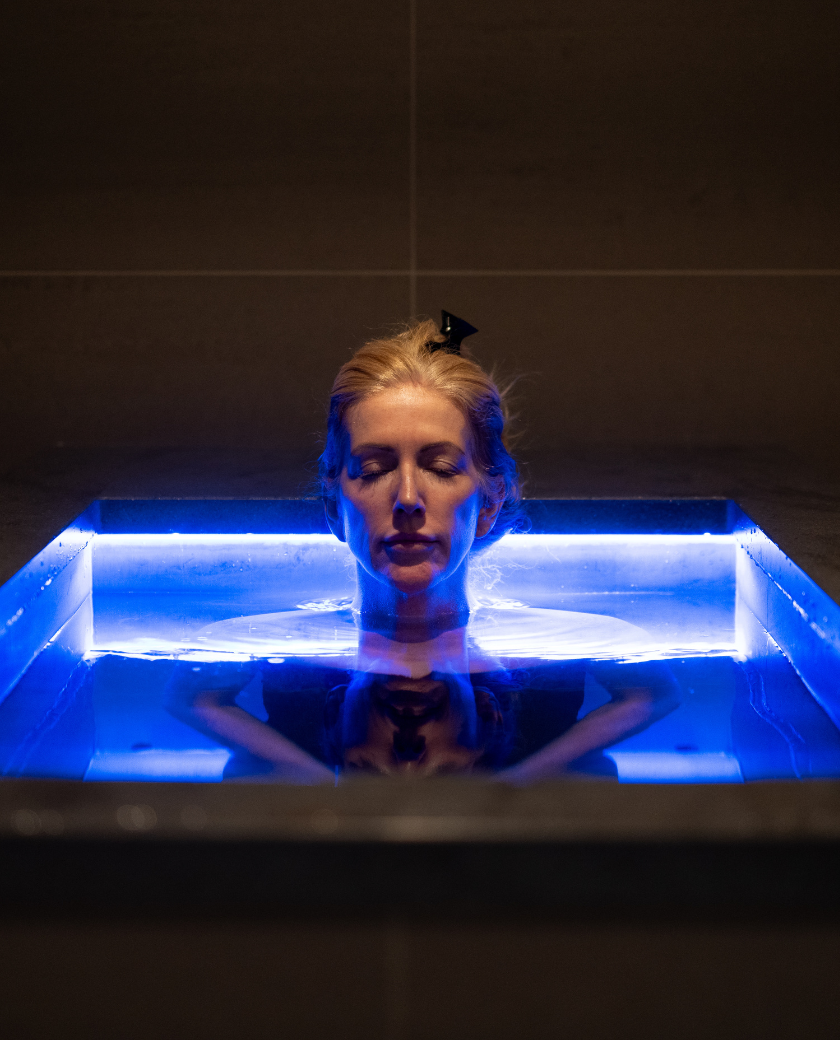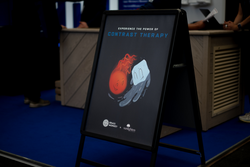Building Resilience Through Cold: The Science of Ice Baths and Stress Management

Have you ever wondered why some people handle life's challenges with more calm and confidence? That quality—resilience—isn’t just a personality trait; it’s a skill we can all develop. Surprisingly, cold water may be one of the most powerful tools for building it.
What Resilience Really Means
Resilience is the ability to adapt and recover from adversity, trauma, or stress. It allows individuals to maintain or regain mental, emotional, and physical well-being after challenges. It’s not an innate trait but a dynamic process that can be developed through coping strategies, cold water therapy, social support, and self-awareness.
How Ice Baths Build Resilience
Stepping into an ice bath does more than cool your body—it engages hormesis, where small stressors create powerful adaptive benefits.
Hormesis describes how low doses of stress improve resilience while excessive stress is harmful. Brief, controlled cold exposure prompts the body to adapt, enhancing resilience against daily stressors.
Humans have adapted to stressors like famine, extreme cold, and heat over thousands of years. Today, we can harness this in a safe environment to counteract modern chronic stress.
What Happens in Your Body During an Ice Bath
That initial shock of cold triggers a cascade of physiological responses:
- Activation of the Sympathetic Nervous System: Cold receptors signal the brain, triggering the hypothalamus and the 'fight-or-flight' response. Adrenaline, noradrenaline, and cortisol increase, raising heart rate, blood pressure, and breathing rate. While chronic cortisol is harmful, controlled spikes improve stress resilience.
- Parasympathetic Activation: As breathing stabilises, the parasympathetic system engages, promoting calmness. Regular practice enhances emotional regulation and resilience.
- Thermogenesis: Brown fat activation generates heat, improving metabolic efficiency.
Changes in Your Brain
Cold exposure also affects the brain. Functional MRI studies show cold immersion alters connectivity in areas linked to emotion regulation, enhancing mood, alertness, and mental clarity.
Cold also triggers dopamine and serotonin release, boosting mood. β-endorphins provide pain relief and a sense of well-being, reinforcing cold therapy’s benefits.
Why This Matters: Fighting "Inflammaging"
Chronic stress promotes inflammation, a key driver of aging and disease. Scientists call this "inflammaging," linking prolonged stress to conditions like heart disease, diabetes, and neurodegeneration.
Short-term stress can boost immunity, but chronic stress weakens it, raising inflammatory markers like IL-6 and TNF-α. This contributes to various health issues.
Building Your Resilience Practice
Regular cold immersion strengthens both body and mind:
- Mental Toughness: Facing cold water discomfort builds fortitude, training the brain to stay calm under stress.
- Improved Stress Response: Controlled stress exposure regulates hormones, improving resilience.
- Enhanced Recovery: Cold immersion reduces muscle inflammation and speeds recovery after exertion.
By embracing hormesis through cold water therapy, you can build resilience, enhance health, and slow age-related inflammation. Your body is designed to adapt—cold water simply helps unlock this potential.












